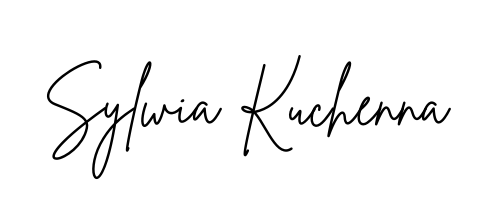Today’s article is pretty much inspired by the module I did over the weekend. Today we will be looking at family systems! Did you know that there is a whole different approach to therapy for a family!? Family is a dominant aspect of our life. It can either empower us or ‘destroy’ us… but let me introduce you to a bit of theory first…
Family system therapy
Family systems therapy is a form of psychotherapy that helps individuals resolve their problems. In the context of their family units, where many issues are likely to begin. Furthermore, each family member works together with the others to better understand their group dynamic. And how their individual actions affect each other and the family unit as a whole. One of the most important premises of family systems therapy is that what happens to one member of a family happens to everyone in the family.
Family Systems Theory
Although, the family systems theory is a theory introduced by Dr. Bowen, an American psychiatrist that suggests that individuals cannot be understood in isolation from one another, but rather as a part of their family, as the family is an emotional unit. Families are systems of interconnected and interdependent individuals, none of whom can be understood in isolation from the system.
The family system
According to Bowen, a family is a system in which each member had a role to play and rules to respect. Members of the system are expected to respond to each other in a specific way according to their role, which is defined by relationship agreements. Within the boundaries of the system, patterns develop as certain family member’s behavior is caused by and causes other family member’s behaviors in predictable ways.
However, maintaining the same pattern of behaviors within a system may lead to balance in the family system, but also to dysfunction. For example, if a husband is depressive and cannot pull himself together, the wife may need to take up more responsibilities to pick up the slack. The change in roles may maintain the stability in the relationship, but it may also push the family towards a different equilibrium. This new equilibrium may lead to dysfunction as the wife may not be able to maintain this overachieving role over a long period of time.
There are eight interlocking concepts in Dr. Bowen’s theory:
- Triangles: The smallest stable relationship system. Triangles usually have one side in conflict and two sides in harmony, contributing to the development of clinical problems.
- Differentiation of self: The variance in individuals in their susceptibility to depend on others for acceptance and approval.
- Nuclear family emotional system: The four relationship patterns that define where problems may develop in a family.
– Marital conflict
– Dysfunction in one spouse
– Impairment of one or more children
– Emotional distance - Family projection process: The transmission of emotional problems from a parent to a child.
- Multigenerational transmission process: The transmission of small differences in the levels of differentiation between parents and their children.
- Emotional cut-off: The act of reducing or cutting off emotional contact with family as a way of managing unresolved emotional issues.
- Sibling position: The impact of sibling position on development and behavior.
- Societal emotional process: The emotional system governs behavior on a societal level, promoting both progressive and regressive periods in a society.
When Family therapy can be used?
Many psychological issues begin early in life and stem from relationships within the family of origin, or the family one grows up in, even though these issues often surface later on in life. Moreover, families in conflict, and individuals with issues and concerns related to their families of origin, can benefit from family systems therapy. This treatment approach can be helpful for such mental health conditions as depression, bipolar disorder, anxiety, personality disorders, addiction, and food-related disorders. Family systems therapy has also been shown to help individuals and family members better control and cope with physical disabilities and disorders.
What to Expect
During family systems therapy, the family works individually and together to resolve a problem that directly affects one or more family members. Each family member has the opportunity to express their thoughts and feelings about how they are affected. Together, the family works to help the individual in distress and to help relieve the strain on the family. Family members explore their individual roles within the family, learn how to switch roles, If necessary. And learn ways to support and help each other with the goal of restoring family relationships and rebuilding a healthy family system.
How It Works
Bowen began to develop his family systems theory in the mid-1950s. Based on his knowledge of family patterns and systems theory, which looks at the parts of a system (such as individual family members) in relation to the whole (the family). Bowen believed that the personalities, emotions, and behaviors of grown individuals are a result of their birth order, their role within their family of origin, and the coping mechanisms they have developed for dealing with emotional family issues. To understand the family system, the family must be viewed as a whole. And that what defines a family is more than the people who make it up but also how they interact with each other to create a unique family dynamic.
Very soon, I will be able to provide this type of therapy in my own mental health clinic. Yes! I am opening my own mental health clinic in Limerick City very soon. At the moment I am looking for therapists to join me in… I will keep you updated 😊
With love and best wishes,


